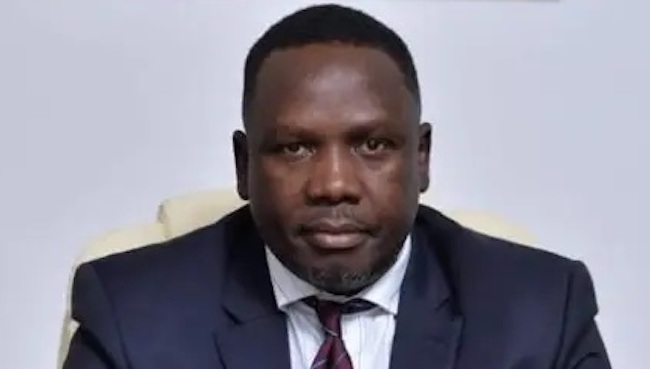
Daniel Bwala, Special Adviser to President Bola Tinubu on Policy Communication, has ignited fresh debate over the 2020 #EndSARS protests, calling them the “foundation of irresponsible protesting” in Nigeria.
Speaking during an interview with News Central on Wednesday, Bwala claimed that unlike previous demonstrations, the #EndSARS movement lacked organization and posed a direct challenge to law and order.
“Before #EndSARS, all the protests we had in the country were organised. That’s why they were called organised protests,” Bwala said. “You want to shut down law and order in the country? There is no police anywhere in the world that will close their eyes to that.”
His comments have sparked outrage, particularly among young Nigerians who view the #EndSARS movement as a historic stand against police brutality and government oppression.
“The government didn’t shoot down the protesters. There were misadventures by law enforcement, and I must admit,” he said, referencing the panel that was later set up to investigate the incident.
However, this statement contradicts witness testimonies and reports from both Amnesty International and the Lagos State Judicial Panel, which found that military personnel had used excessive force, resulting in casualties.
The #EndSARS movement erupted in October 2020 as young Nigerians took to the streets, demanding an end to police brutality, extortion, and extrajudicial killings by the notorious Special Anti-Robbery Squad (SARS).
The protests gained international attention, with millions rallying online and offline under the #EndSARS hashtag. The movement was largely peaceful—until October 20, 2020, when armed soldiers stormed the Lekki Tollgate, a major protest site in Lagos. Witnesses described security forces opening fire on unarmed demonstrators, a scene that remains one of the most controversial episodes in Nigeria’s history.
Bwala’s comments reflect the ongoing attempt by government officials to reshape the narrative of #EndSARS, but for many Nigerians, the memory of those days is still raw.
The protests exposed deep-seated frustrations with governance, police reform, and youth disenfranchisement. Even today, #EndSARS remains a symbol of resistance—one that many are unwilling to see erased.


